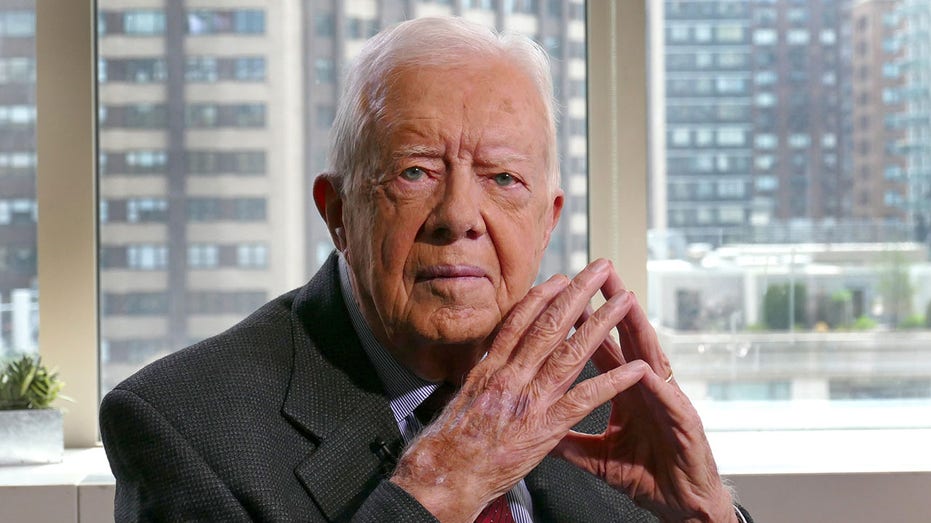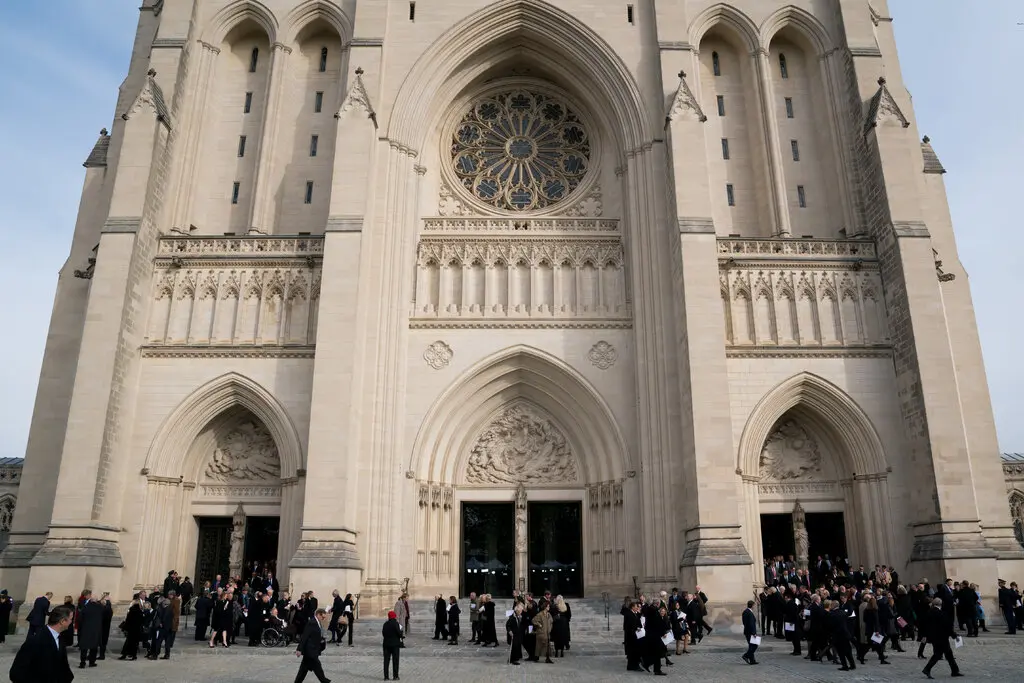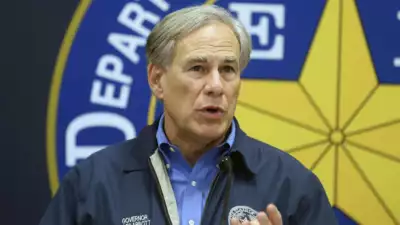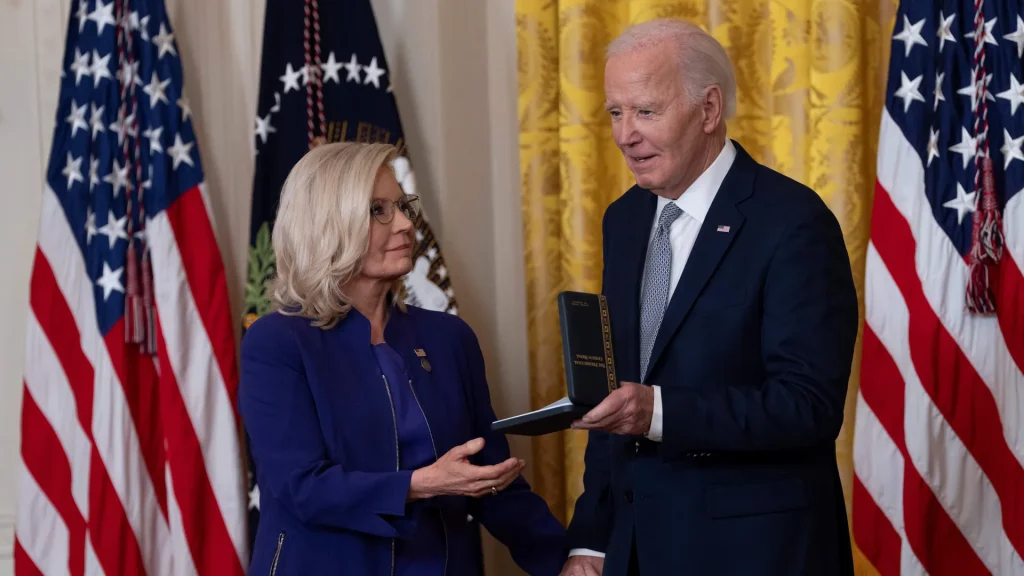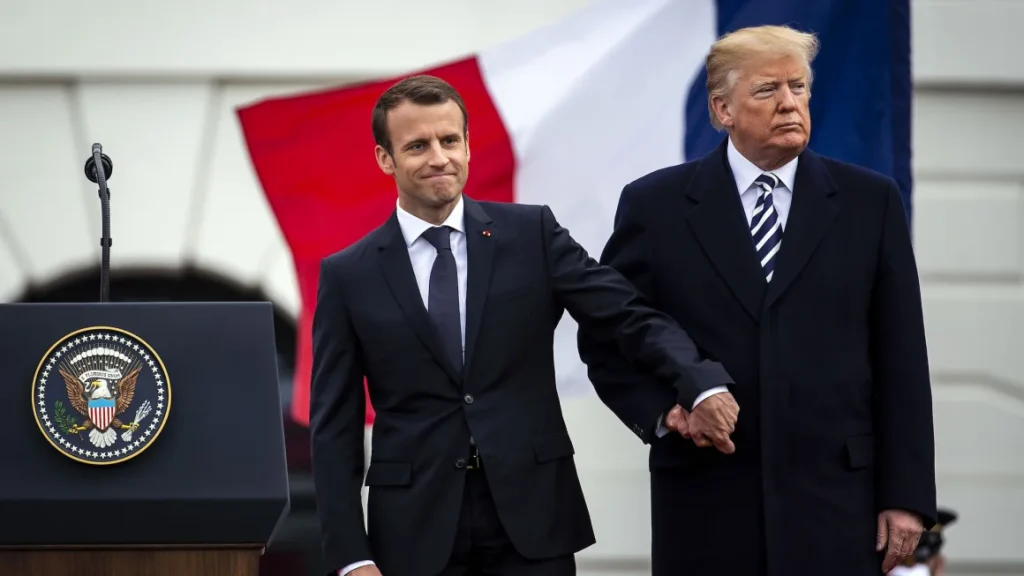Trump pays his respects to Jimmy Carter at the Capitol
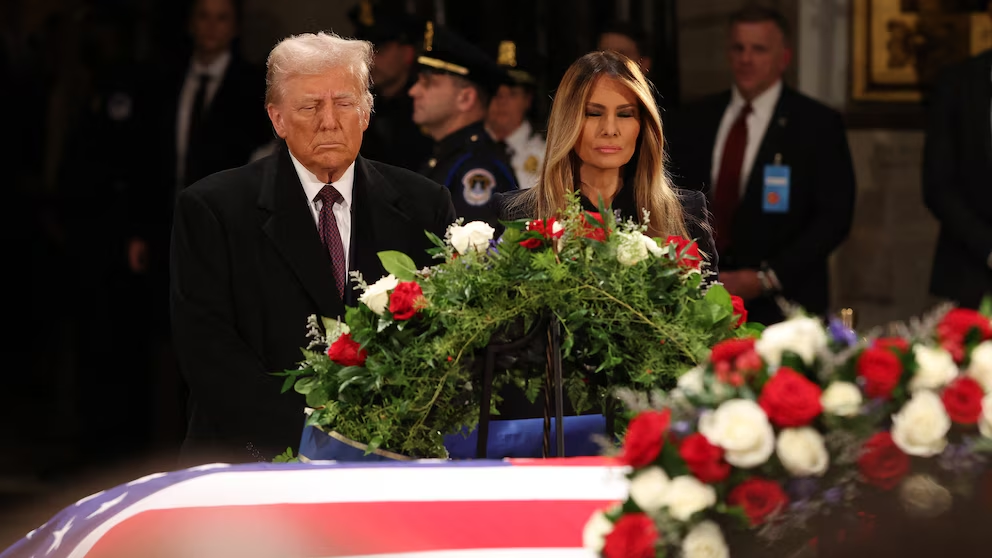
Former President Donald Trump recently paid his respects to the late President Jimmy Carter at the U.S. Capitol, marking a moment of unity and reflection in a deeply polarized political climate. Carter, the 39th president of the United States, passed away at the age of 98, leaving behind a legacy defined by his humanitarian work, efforts toward peace, and dedication to public service. Trump’s visit to the Capitol to honor Carter was a symbolic gesture, demonstrating the respect that transcends political divides for a leader who dedicated much of his life to improving the lives of others.
The visit came during a period of national mourning, as the American people, alongside global leaders, acknowledged Carter’s passing. Known for his commitment to human rights, health, and peace, Carter’s impact stretched far beyond his single term in the White House. Despite political differences, leaders from both parties joined in paying tribute to the former president, recognizing his significant contributions to the nation and the world.
Trump’s attendance at the memorial ceremony underscored the tradition of respecting past presidents, regardless of political affiliation. It was a moment for the country to come together and remember a leader who, despite controversies, had made notable strides in diplomacy, notably in brokering the Camp David Accords between Israel and Egypt. Carter’s emphasis on human rights and global peace left a lasting legacy that resonated with many, even those who might not have agreed with every aspect of his presidency.
During his visit, Trump was seen quietly reflecting at the Capitol, paying his respects in the solemn atmosphere that marked the ceremony. Although Trump and Carter were politically different, with Carter representing the Democratic Party and Trump representing the Republicans, their shared respect for the office and the history of American democracy was evident. Trump’s appearance was part of the broader effort by many public figures, both within the political world and beyond, to recognize Carter’s service and legacy.
Carter’s life and career were filled with many milestones, but one of his defining moments was his presidency, which included significant accomplishments in areas like public health, energy policy, and foreign relations. Even after leaving office, Carter continued his work through his nonprofit organization, The Carter Center, which focuses on global health, democracy promotion, and conflict resolution. His post-presidential life was marked by these efforts, which earned him recognition and awards, including the Nobel Peace Prize in 2002 for his work in advocating for human rights and peace.
For Trump, the visit was a gesture of respect and recognition for a fellow former president. Throughout his presidency and post-presidency, Trump has been no stranger to controversies, but this moment highlighted the importance of honoring predecessors in the interest of national unity. Despite their differences, Trump’s acknowledgment of Carter was a reminder of the traditions of American politics that hold the contributions of former leaders in high esteem.
As Trump stood in silence during the ceremony, many observers reflected on the contrast between their presidencies. While Carter focused on public health initiatives, environmental sustainability, and diplomacy, Trump’s time in office was marked by more combative approaches to governance, including a focus on economic policies, border security, and foreign relations that often put him at odds with international leaders.
However, both men shared an enduring commitment to serving the American people in their ways. Carter’s deep belief in global cooperation and human rights, and Trump’s focus on American prosperity and security, created different approaches to leadership, but both presidents left an indelible mark on U.S. history. Trump’s visit to the Capitol symbolized the bipartisan tradition of honoring those who held the office before him, despite the differences that often characterized their administrations.
The event also highlighted a larger lesson in the American political system – the value of respecting the office of the presidency and the importance of fostering unity, especially in times of loss. The ceremony provided an opportunity for the country to pause and reflect on the contributions of a man who had dedicated his life to public service and the betterment of society. It was a poignant reminder that, despite political polarization, the country’s shared history and collective memories are what ultimately binds its citizens together.
In conclusion, Donald Trump’s decision to pay his respects to Jimmy Carter at the Capitol was a significant moment that highlighted the importance of recognizing and honoring the legacies of past presidents. The event was marked by reflection and reverence for a leader who, throughout his life, had worked to make the world a better place. It served as a reminder that, despite political divides, the service of those who have held the highest office in the land should be celebrated and respected.


